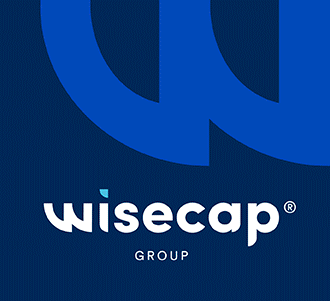| KHS is regarded as an innovator for aseptic cold filling applications. KHS' expertise in aseptic cold filling has been continuously expanded since the latter part of the 1980s. For years, KHS was the sole provider of rotary machines for aseptic cold filling based on the dry sterilization process for the beverage industry. KHS consistently maintains its status as a pioneer in this area and now offers the beverage industry another ground-breaking innovation in the form of KHS ACF equipment that operates according to the process of wet sterilization in a mini-isolator and is based on proven KHS components. |
The key advantage of the new solution compared with the previous KHS ACF wet sterilization process is that using a mini-isolator reduces the required clean room volume significantly. Highest quality standards can therefore be guaranteed with shorter cleaning phases and lower energy and sanitizing costs than in the past. Another factor that is of great importance for the beverage industry is that the new solution takes up a minimum amount of space.
The new ACF system is able to process a very wide range of plastic bottle styles. Whether round or square or with or without indentations, gentle bottle treatment is guaranteed. The system is able to process all plastic bottle sizes, ranging from 100 milliliters to 3 liters. The maximum processing capacity is 48,000 plastic bottles per hour.
Innovative rinsing process: The plastic bottles are turned upside-down in the transfer star before entering the rinser and are returned into their original position in the outfeed star. This approach alone has made it possible to design a smaller rinser carousel than in the past. For example, while a 140-station rinser was previously required for processing 30,000 plastic bottles per hour, a 100-station rinser is now sufficient. The principle described above enables KHS to stick with its philosophy of using a single rinser within the ACF monoblock even for small clean rooms. Compared with several rinsers, a single rinser approach has the general advantage that fewer transfer stars are required, which reduces the number of dynamic/moving parts and decreases the strain on the modular units. In addition, it has a positive effect on the line efficiency.
An electronically controlled Innoclean FR-DR-ACF triple-channel rinser is used as rinsing system for sterilizing the interiors of plastic bottles. Various types of plastic bottle filling system adapted to the beverage to be processed can be integrated into the mini-isolator zone. The Innofill NV, for example, is used for aseptic cold filling of non-carbonated beverages, while the Innofill DNRV is a combined filling system designed for aseptic cold filling of both carbonated and non-carbonated beverages. The Innofill SV-ACF ACF servo capper is used as capping system.
The tried and tested air control system from the dry KHS ACF solution is integrated into the new wet ACF concept. A flow of sterile air in the opposite direction to the bottle flow is produced in the rinser area. This ensures that peracetic acid gases and sterile air are conducted directly out of the clean room and evacuated on completion of the sterilization process. An existing air lock helps to prevent all particles from entering the system from outside. The flow of sterile air is conducted parallel to the plastic bottle flow in both the filler and capper areas as well as the bottle outfeed from the system. An air lock integrated in the outfeed area provides additional protection against entry of ambient air. A small amount of positive pressure prevails in the system at all times. Three HEPA (high-efficiency particulate air) filters integrated in the ceiling area ensure a continuous supply of sterile air. Just like the KHS ACF equipment based on the process of dry sterilization, KHS ACF equipment based on wet sterilization also features consistent hygienic design within the mini-isolator.
| Manfred Rückstein Tel: +49 (231) 569-1339 Fax: +49 (231) 569-1226 manfred.rueckstein@khs.com |







